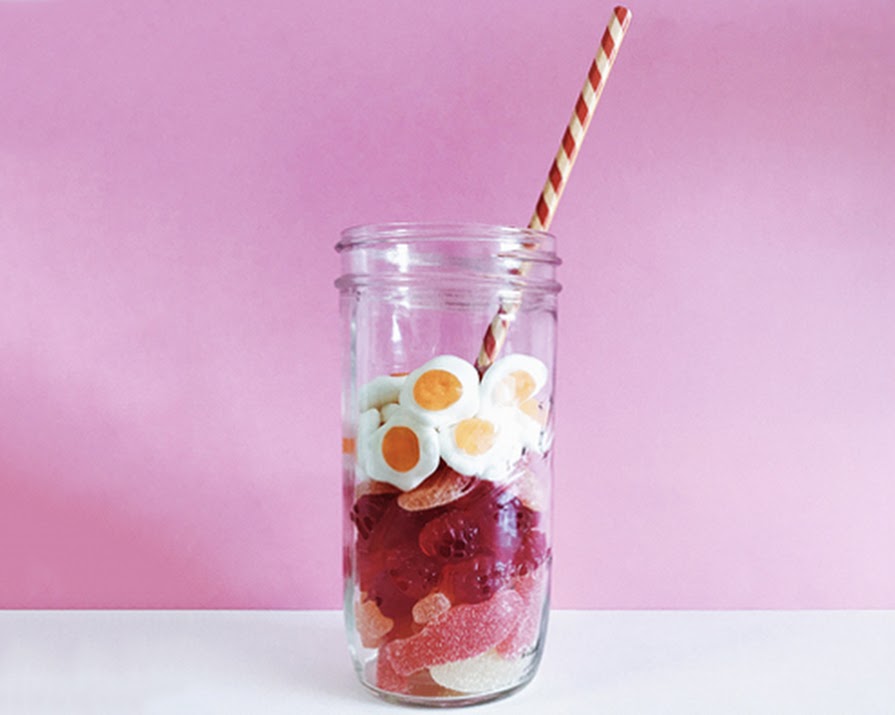
By Erin Lindsay
01st May 2018
01st May 2018
This week, the government has introduced its ‘sugar tax’ on sugar-sweetened drinks, following on from Britain’s introduction of a similar tax last month. The idea for the tax was first conceived almost two years ago by the then-Minister for Finance Michael Noonan, but it’s just been introduced by Minister Paschal Donohue. But why was it introduced, and what does it mean for your lunchtime can of Coke?
The new tax will be applied at 30 cent per litre if the drink has over 8g of sugar per 100ml. Drinks that have between 5g and 8g of sugar per 100ml will be subject to a 20 cent tax per litre, and drinks with under 5g of sugar won’t be taxed at all. To translate that into everyday costs, a two-litre bottle of Pepsi that cost €2 last week will now cost €2.60. Pepsi has one of the highest levels of sugar of popular fizzy drinks, with 11g of sugar per 100ml, followed by Red Bull (also with 11g) and Coke (10.6g).
Obesity levels in Ireland have become a major cause of concern in recent years, with one in five children being overweight. Ireland is said to be on course to become the most obese nation in Europe. The idea behind this tax is to lower sugar consumption and work towards rectifying the nation’s problem with sugar intake.
You may have noticed a lot more sugar-free versions of your favourite soft drinks being marketed in recent weeks. That’s due to the introduction of this tax; producers are lowering the sugar levels of their products in order to reduce the amount of tax they pay. According to the Irish Times, as many as three-quarters of all soft drinks now sold in the Republic have less than 5g of sugar per 100ml, so the marketing is working.
If you want to avoid fizzy drinks altogether, you could opt for fruit juice. Juices won’t be hit by the tax, as it only applies to “water-based and juice-based drinks which have added sugar content”. Also, if you wanted to have a glass of wine with dinner, you don’t have to worry about the sugar tax; it won’t be applied to alcohol.
The good news is in the vast majority of cases, the sugar-free or reduced-sugar option tastes just as good as the original. If you want to forego the sugar and save yourself a few cents, there are plenty of options available. Let’s face it; we could all do with being a little healthier.
Have you listened to our latest podcast, The Spill? This week’s episode talks about designer vaginas, beauty politics and bi-curiosity.























